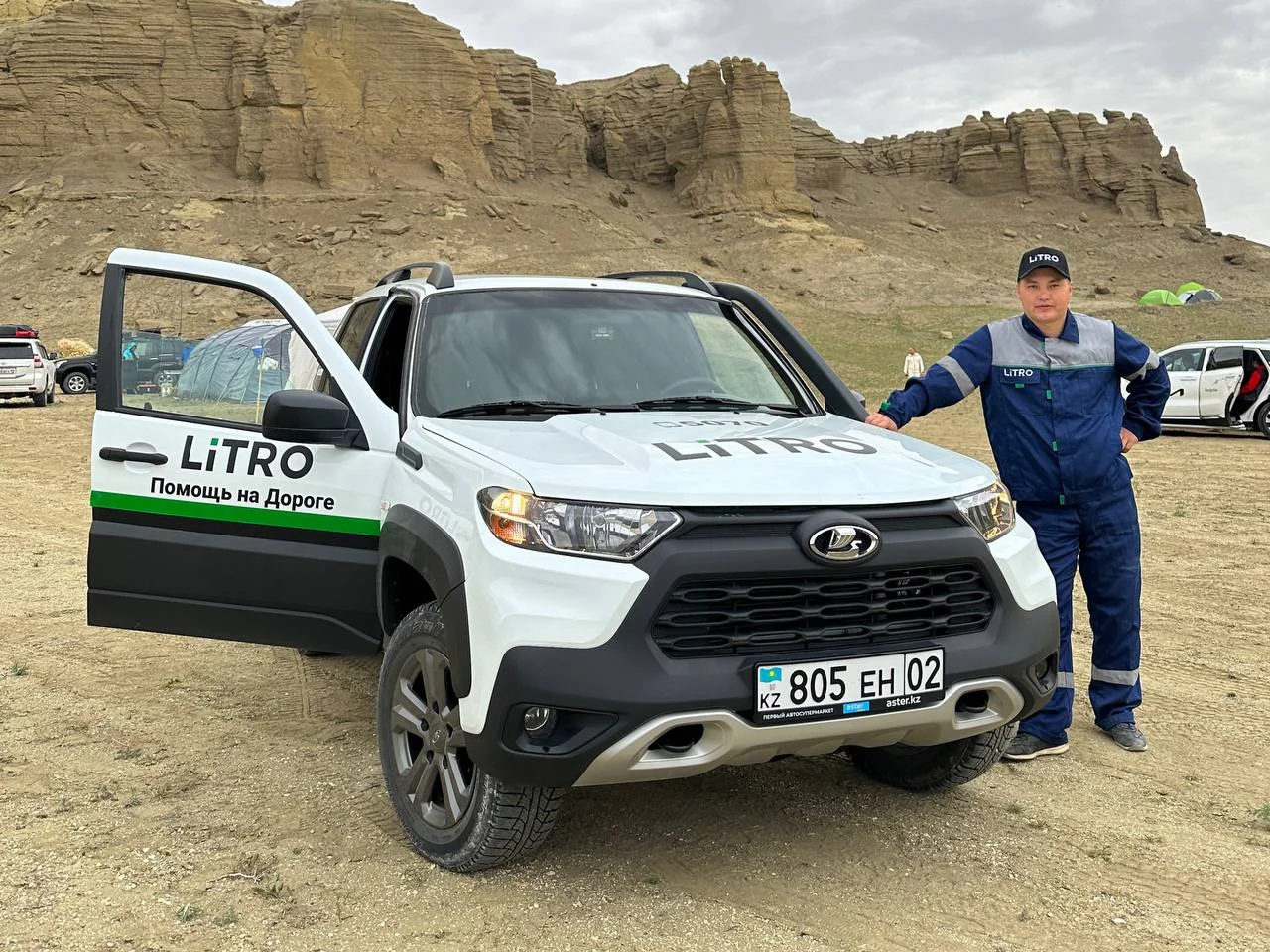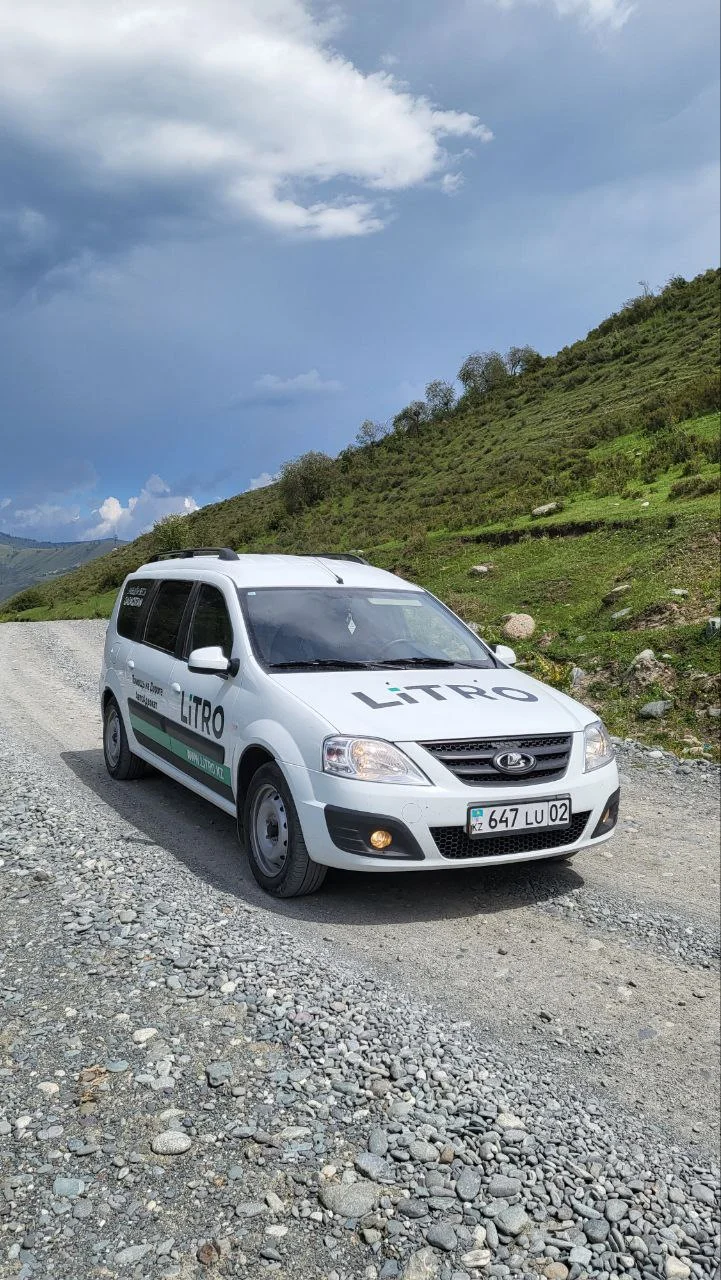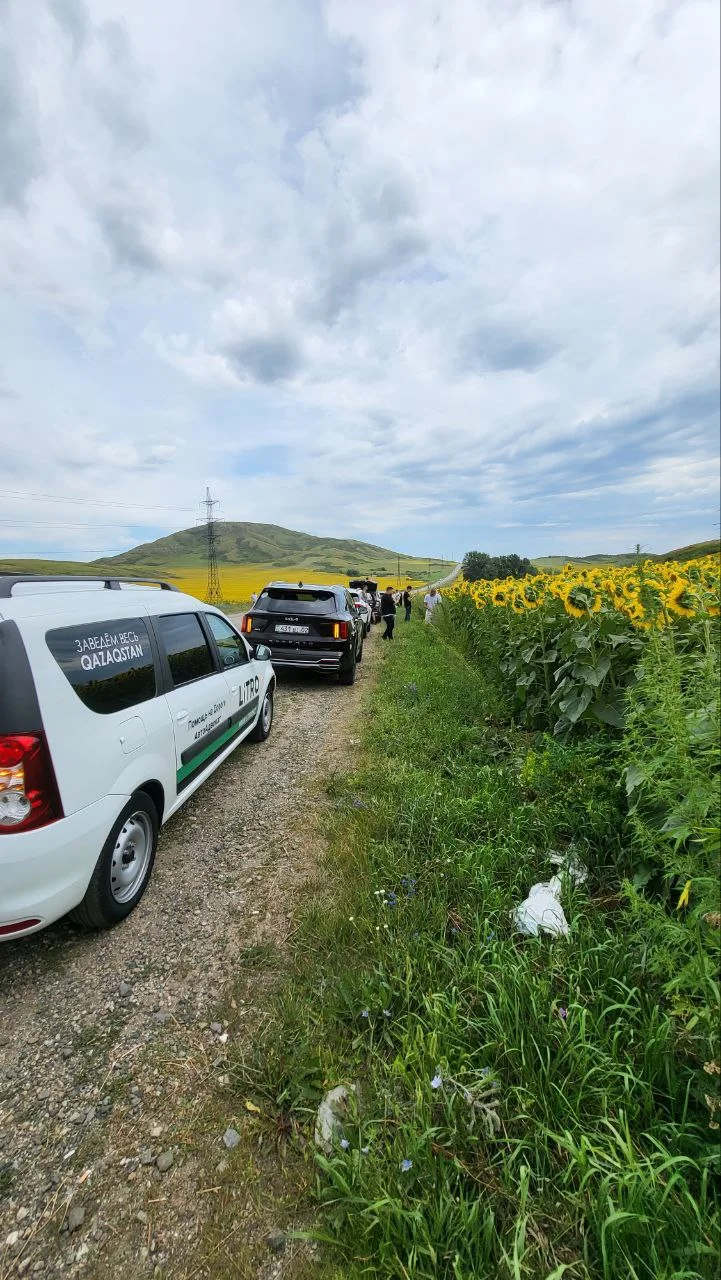Tourist information
Travelling to foreign countries is an exhilarating experience, but it's crucial to abide by the regulations of the host country, familiarize yourself with traffic rules, understand your passenger rights, and acquire a travel insurance policy. By doing so, you can guarantee a secure and pleasant journey across different countries around the globe.
Road traffic regulations
Driving abroad can be an exciting way to explore a new country, but remember that it's important to be aware of local road rules to ensure safety and avoid trouble.
What do you need to know about road traffic regulations when driving in a foreign country?
Here are some key things to keep in mind:
Basic traffic regulations: • Side of the road: make sure you know which side of the road you should be driving on. • Speed limits: be aware of the local speed limits for different types of roads. • Signs: take the time to familiarise yourself with local road signs, as they may differ from what you are used to. • Traffic signals: remember that the order and meanings of traffic signals may vary from country to country.
Requirements for drivers and vehicles: • Documents: make sure you have an international driving licence, car documents, and insurance. • Vehicle features: check if there are any special requirements for vehicles, such as an emergency stop sign or first aid kit.
Local traffic features: Road behaviour: Pay attention to the driving habits of residents, such as the way vehicles move and the use of warning signals. Parking regulations: familiarize yourself with parking rules and restrictions, which may differ significantly from those in your home country. Passengers' rights in road transport: study the regulations that protect passengers' rights in road transport to ensure their safety and interests in the host country.
Important: Keep a record of emergency numbers for your country of residence. Keep them handy at all times and be attentive and careful while driving. Following these basic rules and recommendations will assist you in feeling more confident while driving in a foreign country and help you avoid any possible problems on the road.
Planning routes when travelling: useful tips
Effective route planning is key for successful travel. Although we often rely on GPS in the digital age, it's important to have a backup plan. These are some tips for planning routes when traveling.
Choose trusted apps: Popular GPS apps such as Google Maps, Apple Maps or Waze that provide accurate and current traffic information. Download maps in advance: in case of a poor internet connection, it is helpful to have access to pre-loaded maps of your destination.
Despite technological advancements, a printed map remains a reliable source of information, especially in remote or sparsely populated areas where GPS signals are problematic.
Local maps found at tourist centres or hotels can offer valuable information not easily accessible online.
Before you travel, plan your route and identify the main sights and places of interest. This will help save time and optimize your journey.
Even the most well-planned itinerary can change. It's important to be flexible with your plans as unexpected situations can arise.
Rules for passengers in road transport
Travelling by car can be a convenient and enjoyable way to get around, but safety and respect for rules are top priorities. Passengers should adhere to these basic rules:
Seat belt use: always wear a seat belt, regardless of where you sit in the vehicle. Ensure that the belt is fastened correctly and fits tightly around your body.
Observe traffic regulations: it is important to follow local road traffic regulations and laws, including those relating to safety and the use of mobile devices. Do not require the driver to break the speed limit or do other things that violate road rules.
Respect the driver and other passengers: avoid loud conversations or playing music at a high volume that may distract the driver. Keep the vehicle clean and avoid littering. Respect the personal space of other passengers and try not to take up more space than necessary. Do not disturb other passengers during the ride.
Prepare properly for your journey: ensure that you have all the essentials, such as water and snacks. If you experience motion sickness, bring appropriate medication along.
Follow the driver's instructions: during an emergency, follow the driver's instructions and assist the driver if necessary and safe to do so.
Safety and showing respect are essential elements of road transport. Abiding by these rules will guarantee comfort and safety for yourself as well as other road users. Always remember that you are not the only one on the road, and your actions can impact the safety and comfort of everyone in the vehicle.
Travelling by car during winter – what essentials should you pack?
How to provide first aid in a road traffic accident
Driver's kit for comfortable traveling by car





